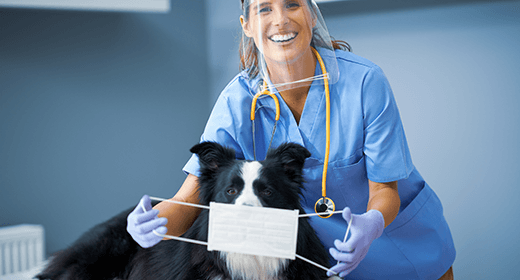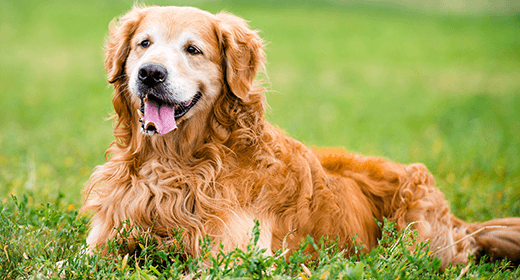

In these unprecedented times we are all concerned about each and every member of the family, including the four-legged ones. Our friends and expert partners at the Waltham Petcare Science Institute have been working tirelessly for more than 50 years to bring their scientific knowledge to benefit pets all around the world. Together, we are closely monitoring the latest events and scientific insights surrounding coronavirus. Please follow this
Opens a new windowlink to Waltham’s latest guidance on how to care for your pet during Covid-19.


As your dog reaches his mature years, remember these tips:
As Dr. Michael Hayek, an IAMS™ research nutritionist who specializes in geriatric nutrition, points out, there's still much to learn about canine geriatric nutrition. For now, realize that every animal ages at a different rate and in different ways. Monitor your dog and especially watch for changes at around 7 years of age (5 years for large breeds). If necessary, adjust his diet accordingly. With the help of your veterinarian and responsible pet food manufacturers, your mature pal can live to a comfortable, healthy old age.